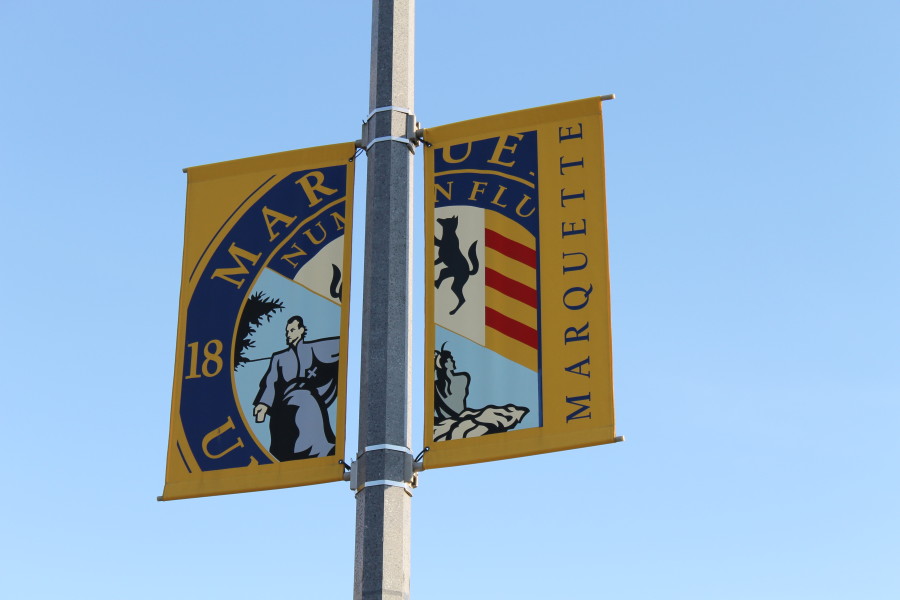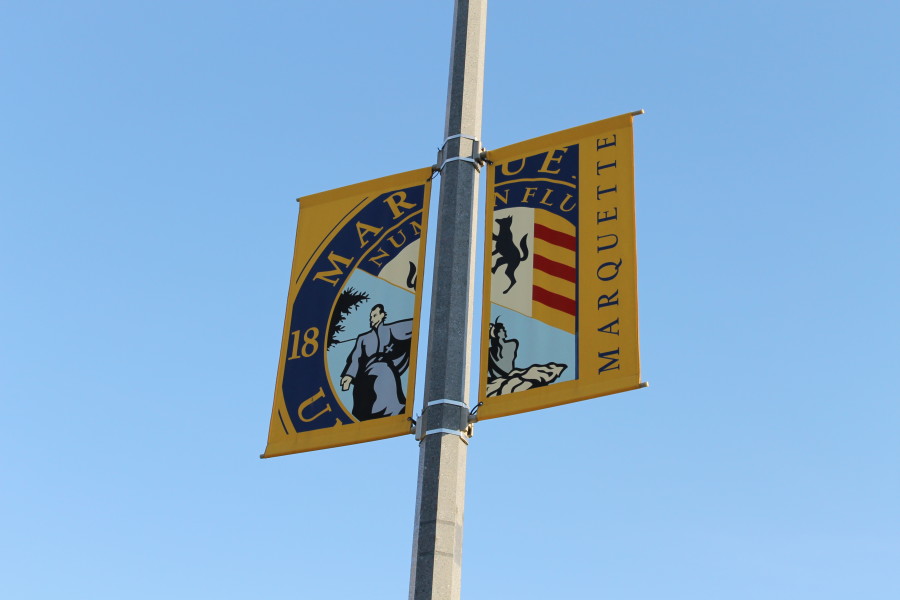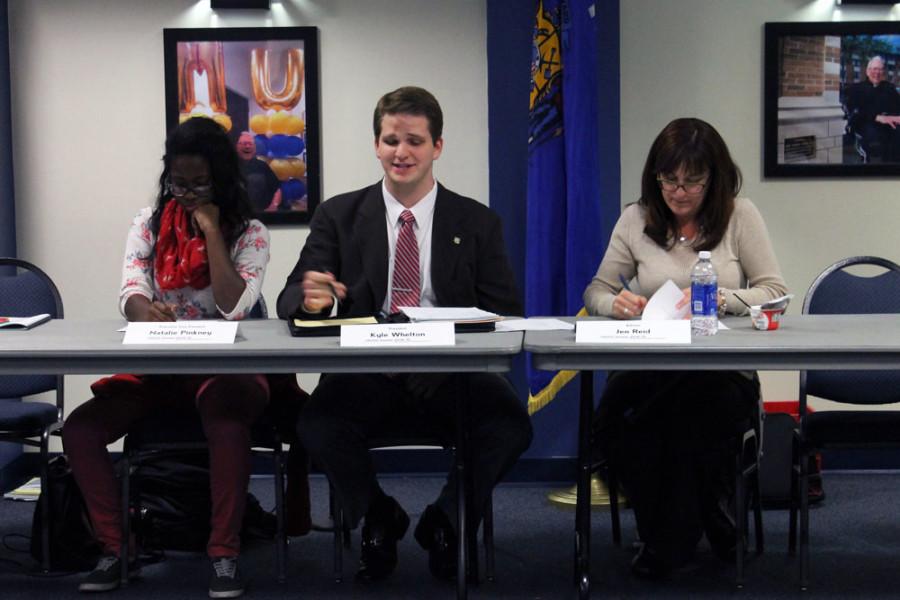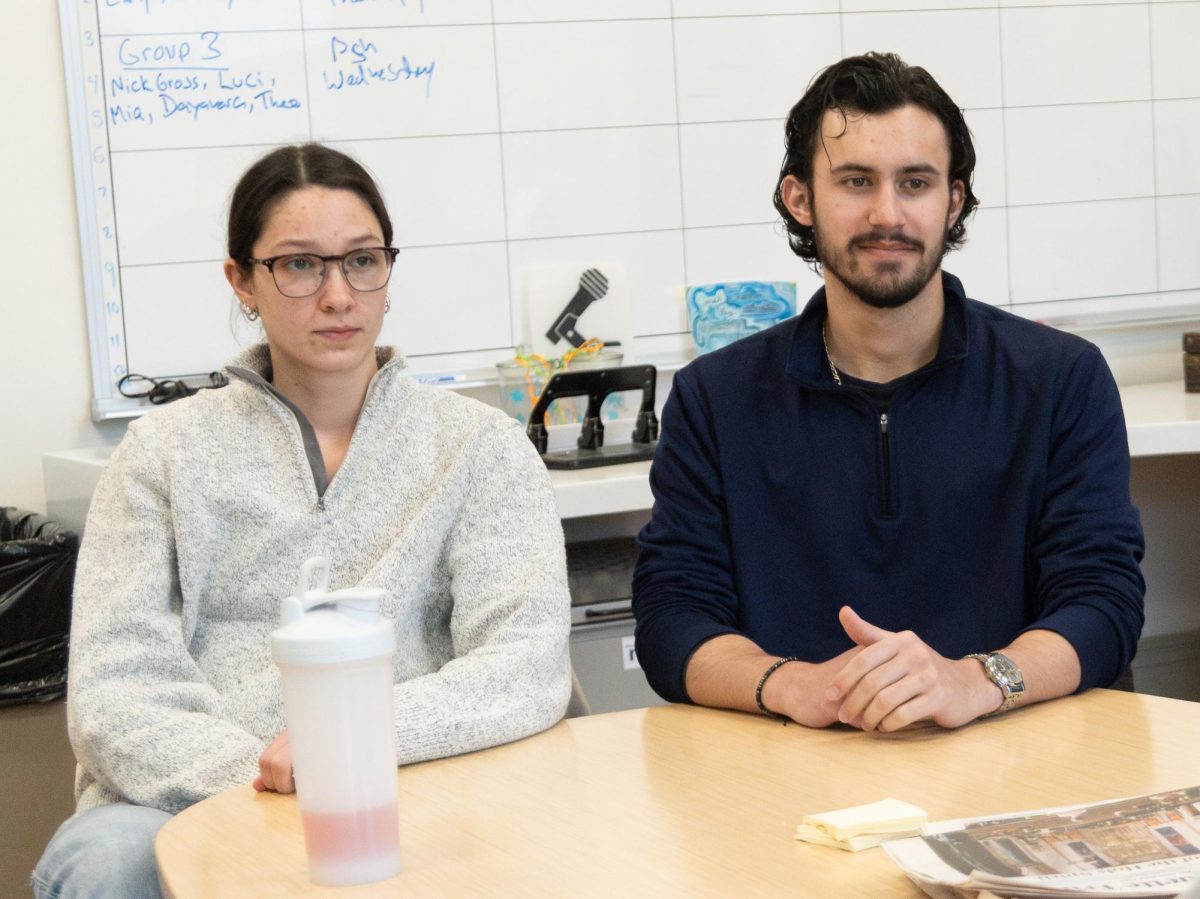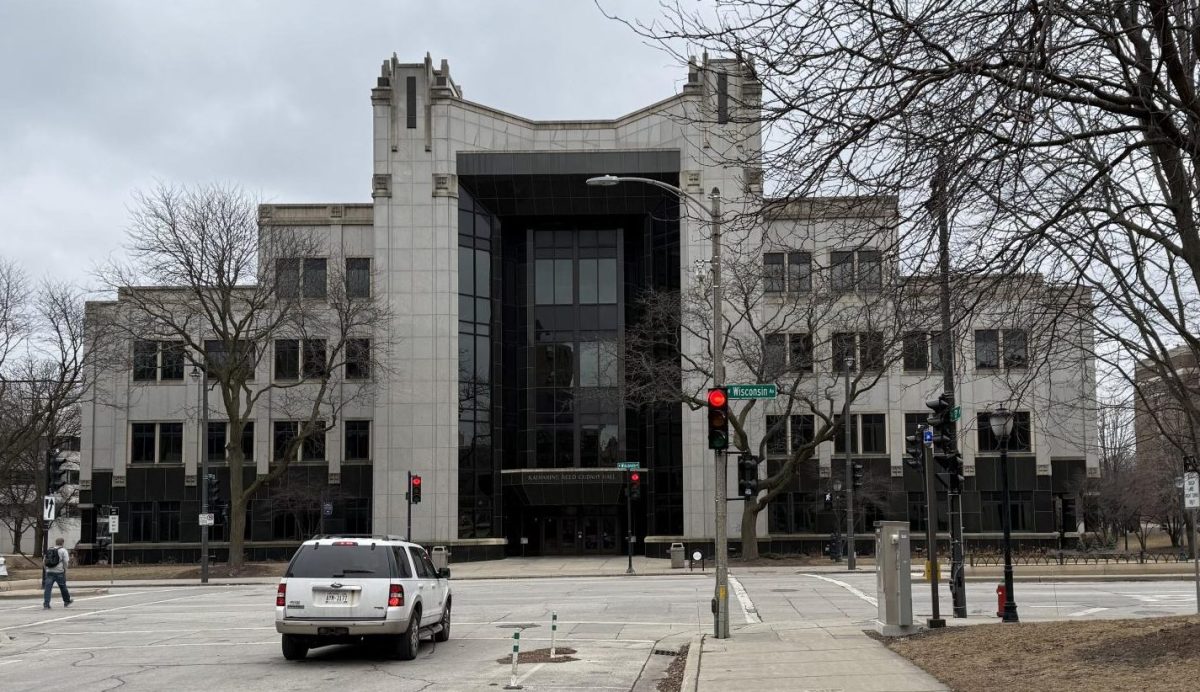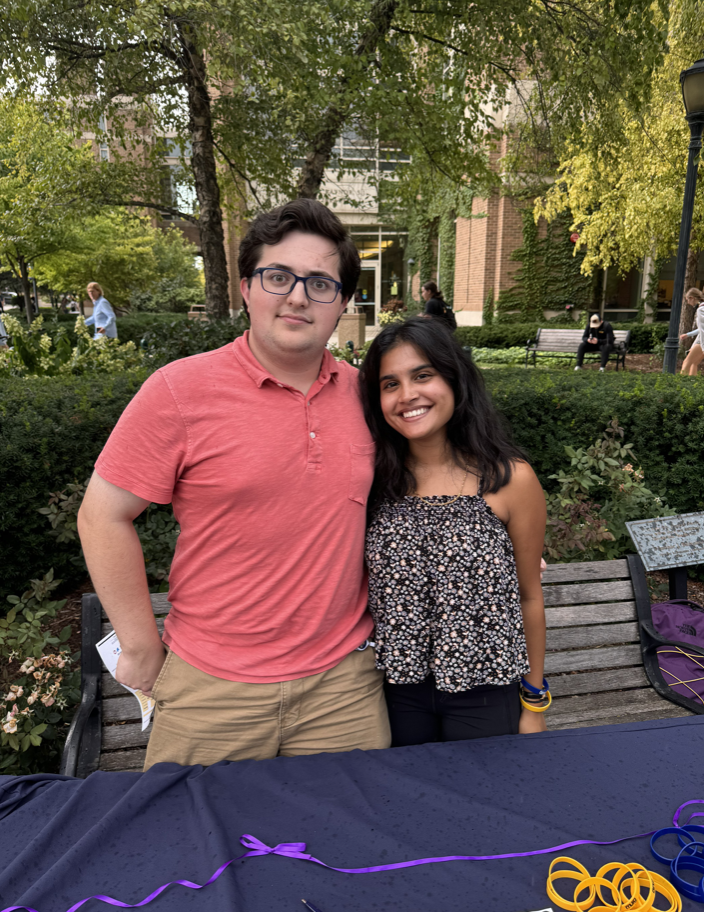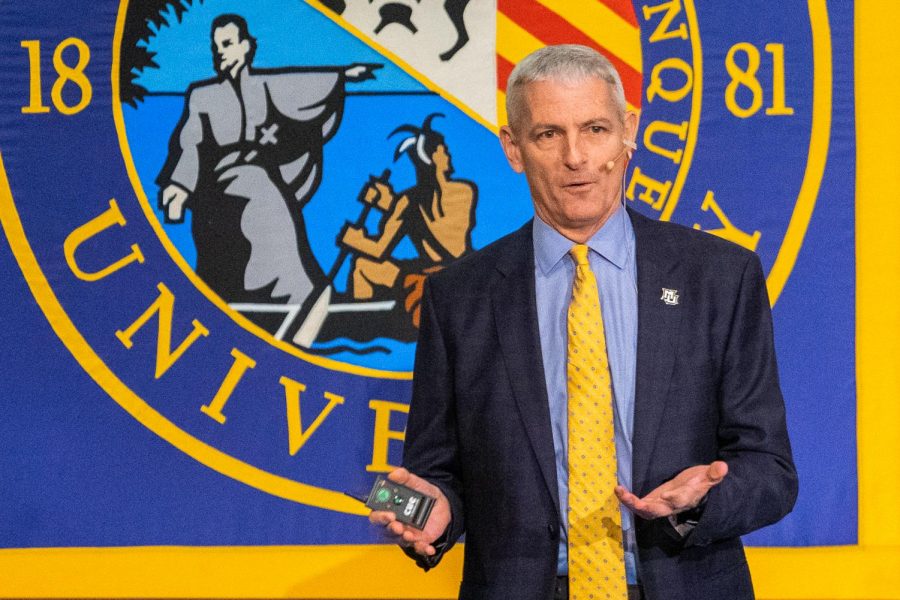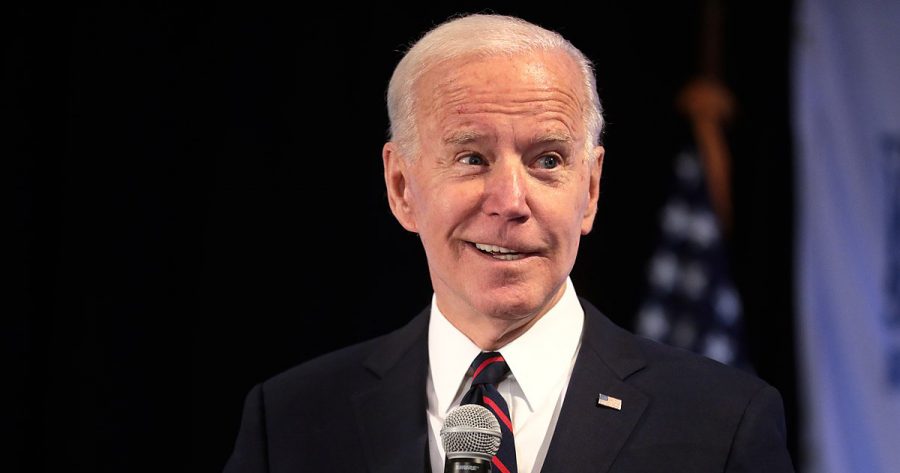
The university administration announced the search committee for the 24th president of Marquette Thursday. Eight individuals will make up the Presidential Search Committee. Six of the individuals come from the Board of Trustees while one is the dean of the College of Health Sciences and one is a professor. Yet, students are conspicuously absent from the search committee.
Though students are excluded, including standing faculty members on the search committee for the first time ever is a step in the right direction for Marquette, and the administration should be recognized for doing so.
As the leader of the university, the president serves not only in a fundraising capacity, but also as a leader and administrator for faculty and staff on campus; therefore, it is surprising that it has taken this long for faculty to be included in the decision making process.
However, the lack of a permanent student voice on the committee adds to the long list of incidents where students have been slighted by a tight-lipped, close-minded administration.
Over the past weeks, the administration demonstrated how little it values transparency and student input. From the vagueness of why FemSex did not measure up to university values to the original email explaining the resignation of University President the Rev. Scott Pilarz, the administration repeatedly did not seek student input.
This lack of student input is concerning and should not become a trend.
“The search committee will be working closely with university leadership to ensure there is an inclusive process for hearing from all of the university’s constituencies, including faculty, staff, students and alumni,” the University News Brief that announced the members of the presidential search committee stated.
According to a Tribune article in 2010, the presidential search committee that would eventually hire outgoing Pilarz hosted four open forums for students, parents, alumni, faculty, administrators and staff to voice their opinions on what they would like to see in the future president. People were also able to submit comments through an online form.
During the 2010 search, Marquette University Student Government unanimously passed a recommendation calling on the Board of Trustees to include a permanent student representative on the search committee. The legislation was authored by then MUSG President Meghan Ladwig and Executive Vice President Joey Ciccone.
“This is an important time for the student voice to be heard,” Ladwig said in a 2010 interview with the Tribune. “We acknowledge that the student groups have been heard, but we feel a student needs to be in those rooms and meetings as a part of the discussion.”
Yet, the university never took action on the recommendation, and the search went forward without ongoing student input.
Over the summer, 10 student representatives met with representatives from Isaacson, Miller, the executive search firm that will conduct the search for a new president and has been conducting the search for a new provost as well as the search for a new dean for the College of Business Administration. The meeting lasted just over an hour and students were asked what qualities they want to see in a new provost and told that these responses, along with others, would then be made into an “Opportunity and Challenge Profile” for the provost position.
This type of student input, while important, is not comprehensive enough. There should be a student representative from MUSG on the presidential search committee, or, at the very least, a student committee that is regularly updated and consulted on the search progress. Furthermore, this committee should be given the chance to interview perspective candidates for president.
After all, the university exists to serve students who contribute 62 percent of the funds for the school to function, therefore students should have significant input as to who will lead the university.
To continue the search for a replacement for Pilarz without permanent and meaningful student representation would be a disservice both to students and the university as a whole.

